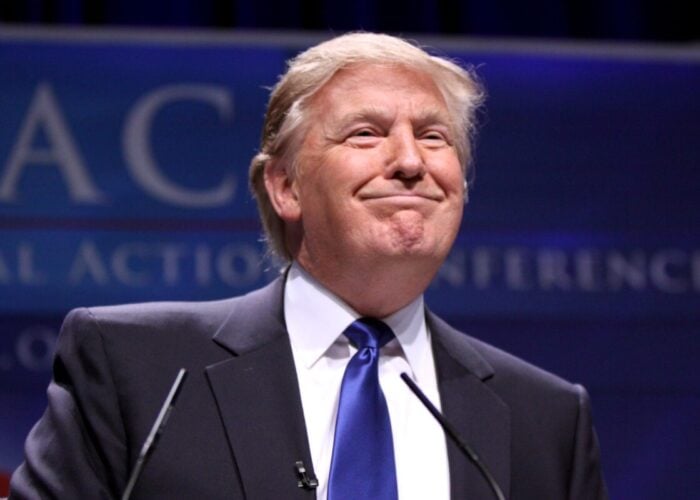Timothy Brightbill, partner at Wiley Rein LLP and counsel to SolarWorld Industries America and the Coalition for American Solar Manufacturing (CASM), responded to SEIA’s draft resolution as “highly sceptical”.
The SolarWorld Industries America and CASM counsel confirmed support for the US government's efforts to negotiate on China’s “continued dumping, subsidies, and unfair trade practices.” But the SEIA’s proposal “does not accomplish this goal.”
Unlock unlimited access for 12 whole months of distinctive global analysis
Photovoltaics International is now included.
- Regular insight and analysis of the industry’s biggest developments
- In-depth interviews with the industry’s leading figures
- Unlimited digital access to the PV Tech Power journal catalogue
- Unlimited digital access to the Photovoltaics International journal catalogue
- Access to more than 1,000 technical papers
- Discounts on Solar Media’s portfolio of events, in-person and virtual
The draft proposed a ‘Solar Manufacturing Settlement Fund’ along with other resolutions to the ongoing disputes over raw PV materials exported from the US to China and antidumping duties imposed on Chinese cells by the US.
Brightbill said in an e-mail to PV Tech: “While we appreciate the efforts of the Solar Energy Industries Association (SEIA), we are highly sceptical of any settlement with China or Chinese companies given their history of predatory market and trade practices.”
“Fair trade requires that all parties play by the rules. And we do not trust those who support illegal Chinese imports to negotiate an outcome that protects SolarWorld's ability to enter its fourth decade of US solar manufacturing.”
Continuing that SolarWorld previously fought and won trade cases against dumped and subsidized Chinese products “only to see Chinese companies use any and all means to circumvent the orders and avoid the lawful payment of antidumping and countervailing duties,” he said.
The trade regulations currently imposed on Chinese cell imports will be in place for years, and the US has “no intention of giving them up unless [or] until China’s unfair trade practices are stopped.”
Brightbill also said “worse still” is the Chinese government’s responses in retaliating with restrictions on US polysillicon “just like they did in the EU solar cases. Retaliation is not a strategy that the US government should condone.”







